We’ve all been in at least one game where we’ve played a card, preparing to make an epic play we’ve made countless times before, only to have an opponent point out “That isn’t actually how this card works”. Then, as we discuss how Spelltwine actually interacts with its targets, I begin going through the 5 stages of grief, slowly realizing all the Fork effects I had set up in my Graveyard to daisy-chain repeated graveyard shenanigans are actually not able to copy the original Spelltwine without some extra assistance. Sadness is placed on the stack, resolves, and I end my turn.
Personal tragedies aside, another fairly common area of misconception existed with what happens to a Commander when it dies or is exiled. Under the original rules, you could elect to have your Commander go the Command Zone instead as a replacement effect. If you did, your Commander would not actually hit the Graveyard or Exile zones, meaning that if your commander had an ability that triggers upon death or exile, it would not trigger.
Pretty unintuitive, right? Even members of the Commander Advisory Group (CAG) weren’t all clear on this point!
Naturally, this led the Commander Rules Committee to start asking some tough questions, and after some interesting discussion, they’re implementing a change that allows Commanders to trigger death and exile effects starting with the release of Core Set 2021. I was among those excited by this announcement, but upon some reflection, I realized that this adjustment is both smaller and larger than it appears as first glance.
Pretty contradictory, I know, but I’m going to take some time to break down the different ripples and resulting implications that led me to this conclusion.
Direct Implications of Commander Death and Exile Triggers
Presented for your viewing pleasure are the biggest winners of this latest change to the rules:
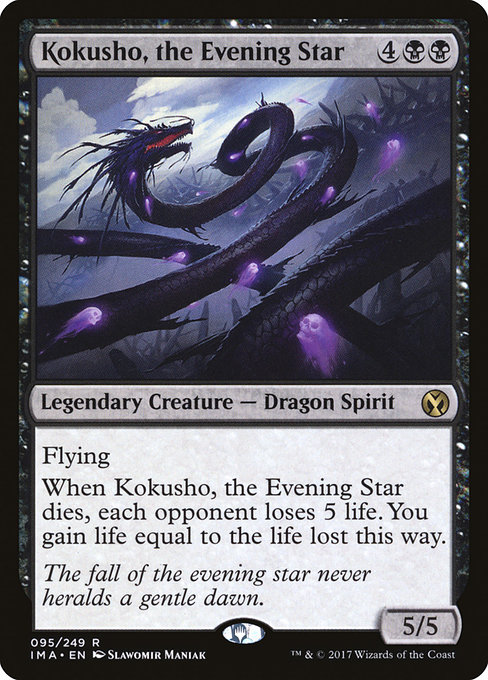
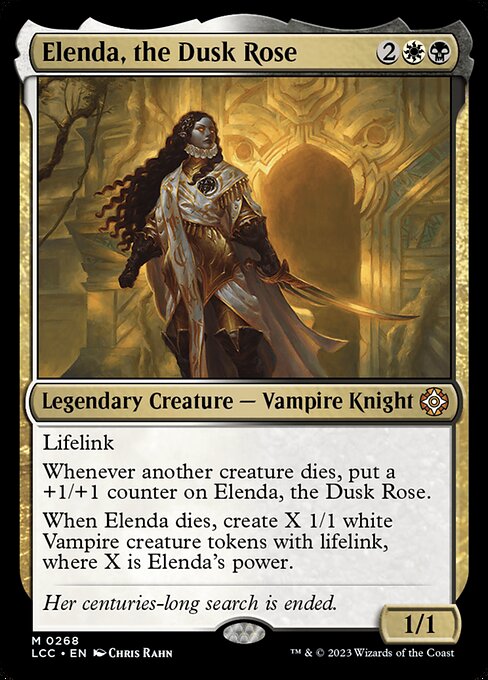
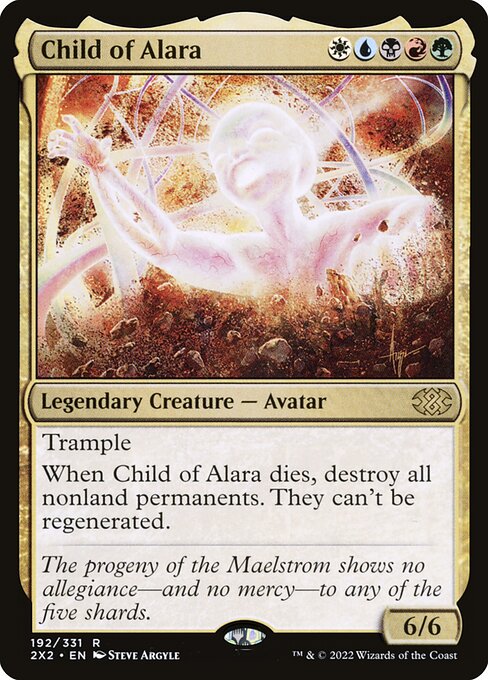
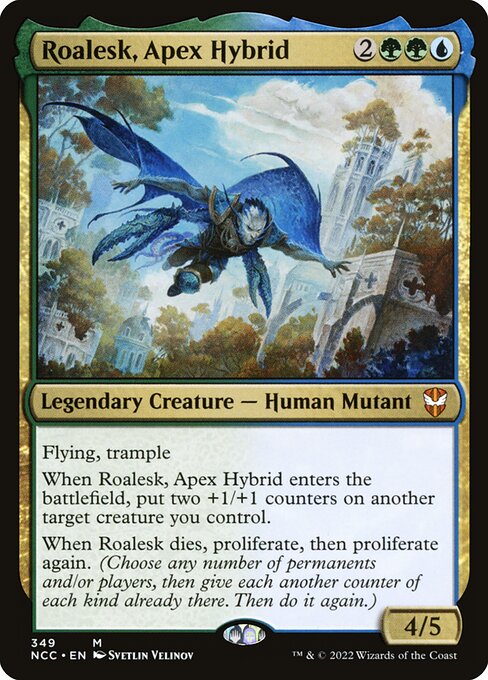
Under 20 legendary creatures were meaningfully hindered by the fact their abilities trigger on their own death as of Core Set 2021. That’s all. Despite this small pool, however, there are some definite heavyweights among them in the Kamigawa dragons, Elenda, Child of Alara, and Roalesk. You’ll also find some interesting effects contributed by cards like Iname As One and Tuktuk the Explorer.
Most other effects impacted by the change are fairly minor, in the vein of dealing an extra 1-3 points of damage due to an extra death trigger, but that’s still a slight boost worth mentioning. Common interactions with other cards in the 99 will be fairly similar in terms of power level (Blood Artist, Grim Haruspex, etc.), but you will come across some more interesting ones from time to time too (Deathrender, Reincarnation, etc.).
Overall, I’m surprised by how few cards are directly and meaningfully impacted, but it is definitely exciting to see a few commanders get an overdue shot at the limelight.
Indirect Implications of Commander Death and Exile Triggers
While you might have been as underwhelmed by the previous section’s impact as I was, this section makes up for that disappointment and then some through some interesting (and probably unintended) consequences. We’ll start by checking out a new gameplay interaction was born of this rules change, but to do so, we’ll need to begin with an actual look at the new state-based action:
If a commander is in a graveyard or in exile and that card was put into that zone since the last time state-based actions were checked, its owner may put it into the command zone.
Pretty straightforward, but now let’s compare this new rule to the old one for a moment:
If a commander would be exiled from anywhere or put into its owner’s hand, graveyard, or library from anywhere, its owner may put it into the command zone instead. This replacement effect may apply more than once to the same event
This replacement effect had some implications that were tied to rule 614.6 in Magic’s comprehensive rules:
If an event is replaced, it never happens. A modified event occurs instead, which may in turn trigger abilities. Note that the modified event may contain instructions that can’t be carried out, in which case the impossible instruction is simply ignored.
If you’ve seen The Command Zone’s video discussing Roon of the Hidden Realm, you probably know where I’m going with this, but if not, I’ll explain further. Blink effects like Astral Drift or Turn to Mist that exile a creature, then return it to the battlefield at the end of the turn, allowed you to replace the exile component of that effect by placing your Commander in the Command Zone. From there, your Commander would then be able to return to the battlefield directly from the Command Zone through the rest of the effect since “Exile” was replaced by “Command Zone”.
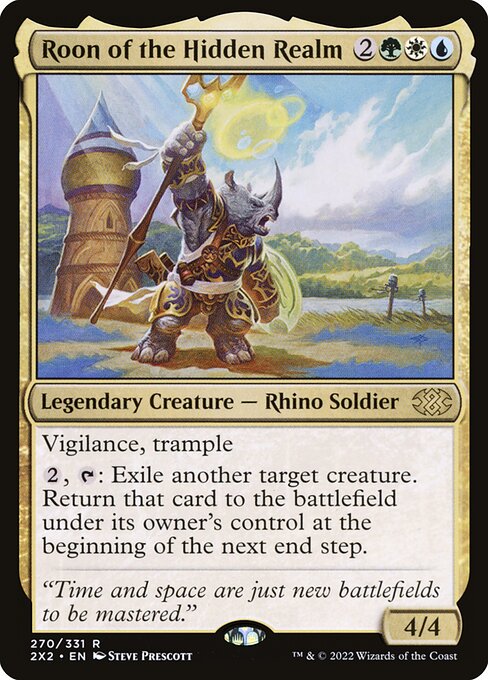
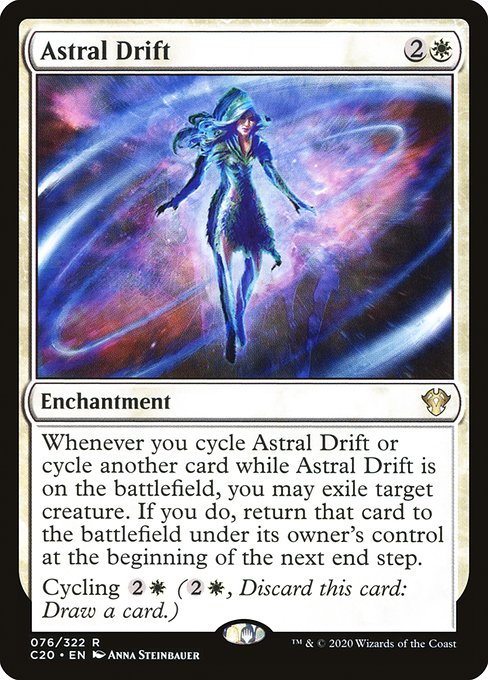
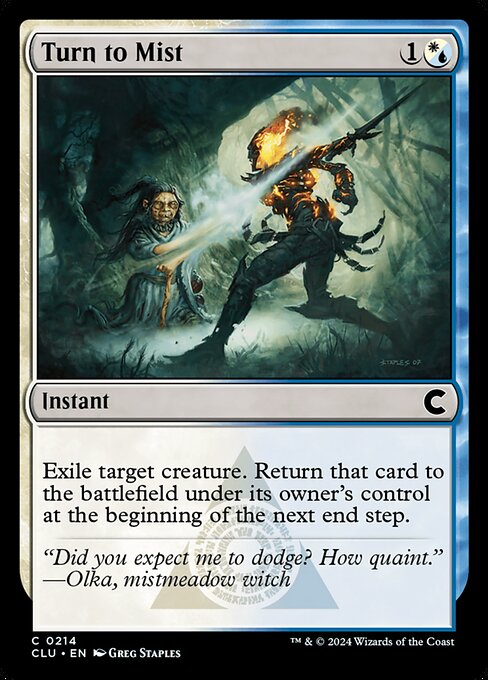
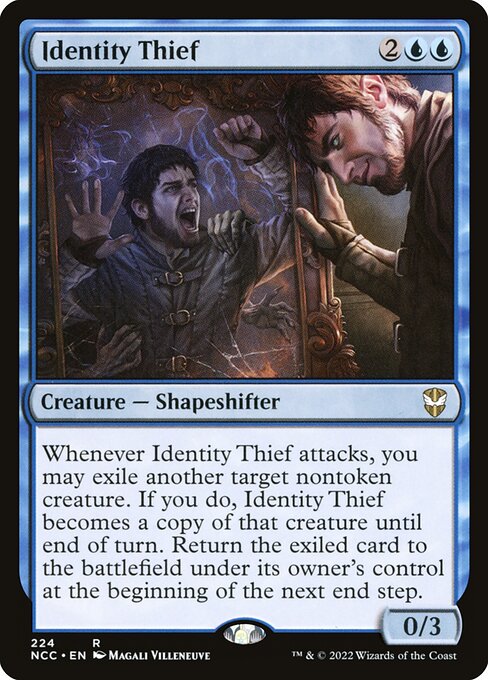
But now, returning your Commander to the Command Zone is not a replacement effect – it’s the result of a state-based action that is checked for once. If you return your Commander to the Command Zone through a blink effect now, it won’t come back to the battlefield at the end of the turn. If you don’t return it to the Command Zone through the new state-based action, then your Commander’s return can be interrupted by countering the triggered ability that returns it, leaving it permanently exiled.
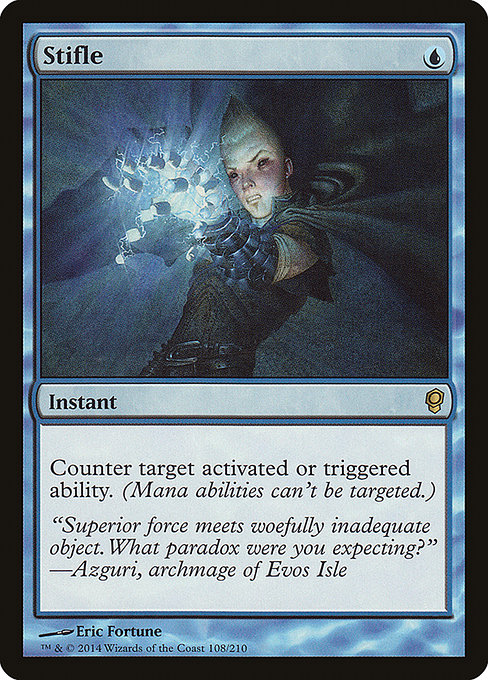
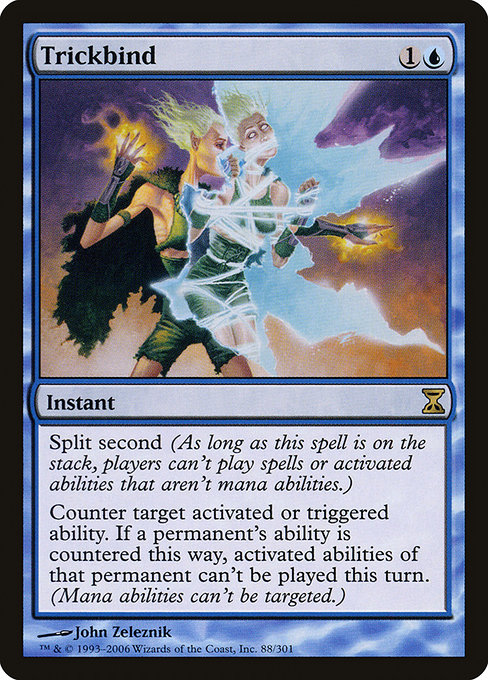
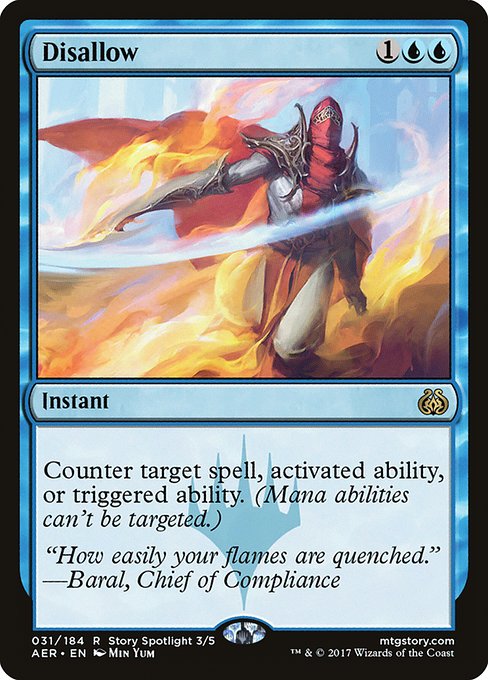
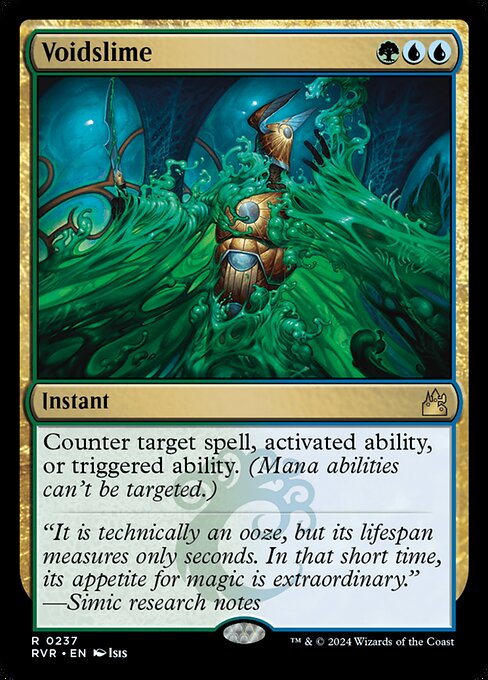
Granted, you could pull variations of this trick off before the rule update if you had an opponent getting greedy with cards like Faith’s Reward or Grim Return, but the blame for that being capitalized on could easily be traced to the victim’s own choice. You also cannot pull this off with the same ease as the old tuck rule, which allowed commanders to be returned to their owners’ libraries and put all the power of choice in the hands of the aggressor. This series of combos walks the middle of the road, giving choices to both sides and opening up powerful lines of play unlike any we’ve seen in years.
If you still aren’t convinced that this is powerful, take a moment to think about the Commander decks you’ve built and played against. Many of these almost certainly rely upon their Commander as a pillar or focal point for their primary strategies, so what happens when they’re removed from the picture?
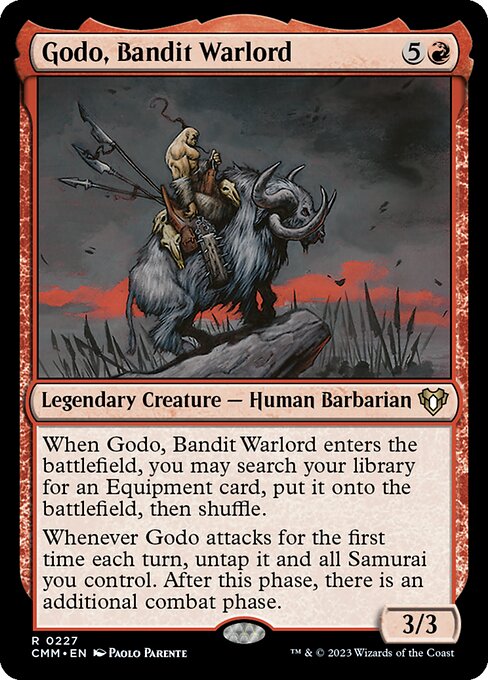
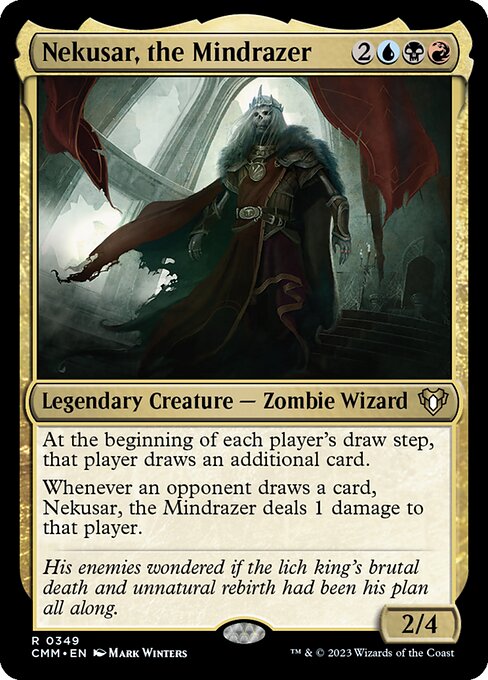

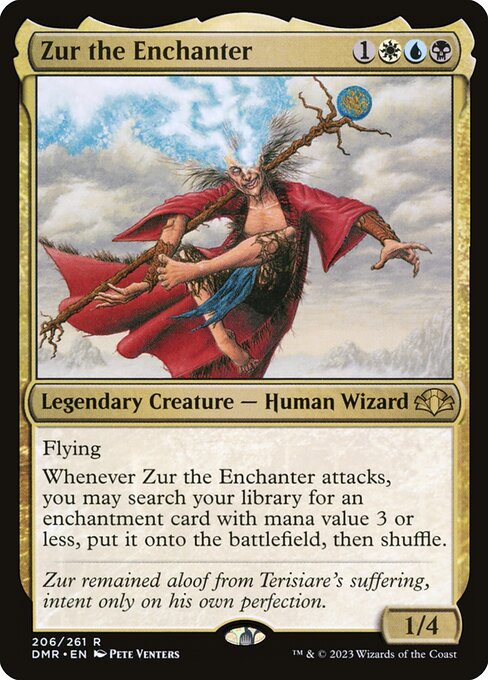
Depending on the deck, losing a Commander’s support can be nothing short of devastating. The mind games you can play with opponents as they weigh the new risk of letting their commander be exiled by a temporary effect, the traps you can set because a play looked like it had different intentions – watching this development unfold will be nothing short of fascinating and/or frustrating.
Since this interaction was almost certainly not an intended consequence of changing the rules, I’m also curious to see what, if anything, is done to address this development in the future.
My guess is that the impact will be minor for now, but I am also of the mind that this play pattern must be monitored to ensure format health and stability. It’s simply too powerful to ignore, but appears limited in where it can be consistently applied.
While in-game interactions are some of the most obvious places we as players will experience the ripples from death/exile triggers for Commanders, they definitely aren’t the only ones.
Mark Rosewater, head designer for Magic, was asked about the impact this new rule would have on card design, and he revealed that the old replacement effect was actually restricting the abilities designers put on legendary creatures! He also confirmed that this change would influence legendary creature designs going forward (though it might be a while before we see how, as sets are designed years in advance).
Considering just how few legendary creatures currently have abilities that trigger as a result of them dying or getting exiled, I’m excited to see what this expanded design space will bring us in the future. And if something busted gets released as a result, well, let’s just say I’m glad I have copies of Rest in Peace, Trickbind, and Leyline of the Void.
Other MTG Articles You May Enjoy
- How to Play Magic Online Using Untap
- Magic The Gathering Best Dual Lands Commander
- Should Cyclonic Rift Be Banned MTG
- MTG Why Flash Banned Commander
- Spindown vs d20 dice
Thanks for Supporting Us!
What about you? Are there other interesting interactions that I missed or implications you’re excited about? Come join our Patreon and tell me about them! We’ve got an awesome Discord community, including a number of Magic players who are able to help talk you through a SpellTable MTG setup or using untap.in for remote play, and we love to talk not just about Magic, but all things gaming!
Braden is a founder of Assorted Meeples and has been a gamer & writer with a vivid imagination all his life. Don’t believe us? Check out his excitement when meeting Goosebumps author R.L. Stine as a kid! An avid Magic: The Gathering spellslinger for over 15 years, you can always convince him to shuffle up for a game (or three!) of Commander.
